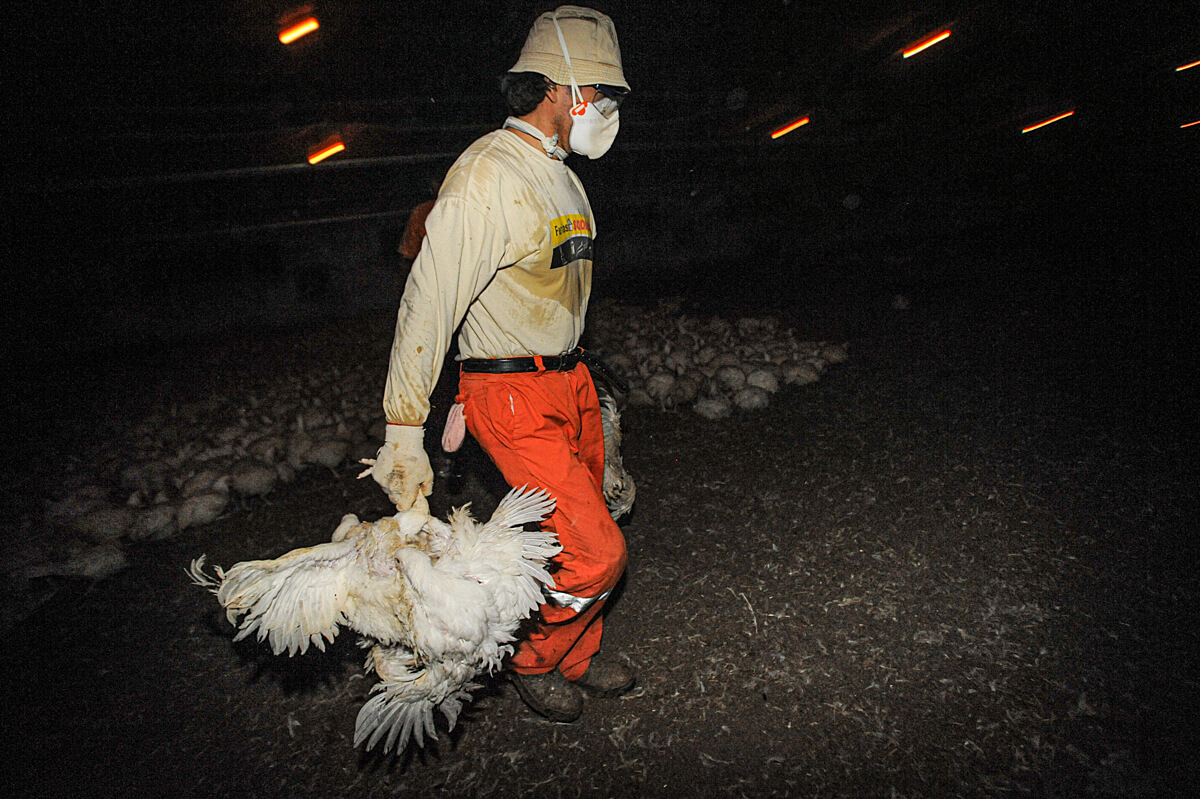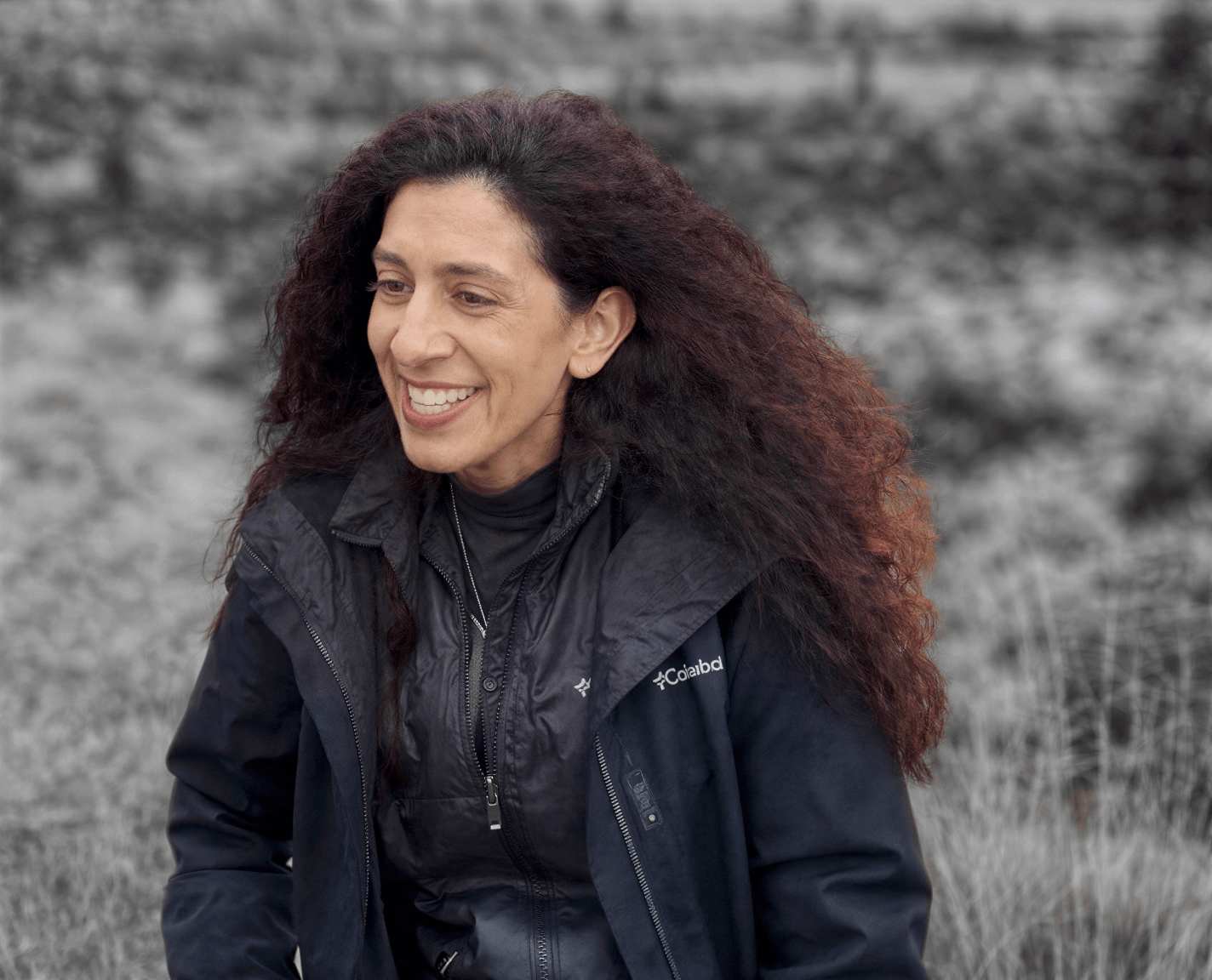Tim Lang is Emeritus Professor of Food Policy at City St George’s, University of London, and author of Just in Case, a report on Civil Food Resilience for the National Preparedness Commission.
For over two years I’ve been investigating whether the UK public is prepared for shocks to the food system. Interviewing people up and down, inside and outside the state; those with big, powerful interests and small-scale ones. You might think this is a simple matter. Either the public is or isn’t prepared. Not so. It depends on what shock comes. Experts are troubled by the potential for poly-crises – shocks coming all at once or one after another. I found little public preparedness for that.
The UK Government Resilience Framework says next to nothing about food. Surprised? Sadly, I’m not. There’s a reflex in UK culture and politics that believes we are different. That we can buy food on open markets. I say this gently. It’s time we got real. It’s a rough world out there. You might also think that you are ok. You keep some stores. Get your food from Riverford. Don’t rely on Tesco et al. Grow a bit yourself. Obey the Government Prepare website advice (prepare.campaign.gov.uk).
Now think about that at a national or regional or community scale. It suddenly becomes much more complex. You might have a few days’ worth of food but what if your neighbours don’t? What if the electricity goes down? Or your mobile with its food apps? Or there’s panic buying and shelves are empty again?
People tend to think about managing crises at an individual or family level, but crises are set to creep up slowly or become normalized when they shouldn’t be – think climate change, social divisions, food price inflation. Others go critical fast: invasions. Software attacks. Logistics and networks down. These also affect food. You might be cynical about state thinking, but shock preparedness is why we need a state. For infrastructure. Plan. Support. Leadership. Funding. That’s what’s currently lacking in food policy (see my report for its detailed recommendations).
I take heart from good things going on up and down the country, often despite the lack of funding & support. Community gardens. People auditing community assets. Towns creating food councils and food neighbourhood watches. We need more of this. Fast.













Thanks for studying and writing about this at depth. It’s something I’ve been worried about for some time.
https://suenethercott.substack.com/p/food-is-fundamental
https://suenethercott.substack.com/p/food-shortages
https://suenethercott.substack.com/p/food-shortages-coming-soon-to-a-country
Tim Lang’s report Just In Case, should send a shiver down our spines. The risks he describes are real but not new. I recall attending sessions at the Sustainable Places Research Institute some years ago, lead by Prof Terry Marsden, but then disbanded prematurely by Cardiff University. The same risks of Just In Time were evident in abundance then, as well as now. ‘Do nothing’ seems to be a planning option for Whitehall in perpetuity, whenever short term interests demand prior attention.
OK, very important points and v. useful linked to preppers at gov.uk but I want to point out that climate change is a risk multiplier, it’s not a risk in itself. Climate change will lead to various different scenarios, depending on how the dice roll, the worst in this context being “multiple bread basket failure”. Already countries like Norway, China and India are stockpiling grain. Norway plans to put enough aside for 3 months for the population and that doesn’t sound like enough to me. If this doesn’t kick you out of your everyday-life UK free market capitalist dream, then you need to ask yourself what you think is going to happen instead.
Reading this, I’m reminded of the panic buying during the early days of the pandemic-those empty shelves were a wake-up call! I remember reaching out to hellofresh customer support back then when my box was delayed, and their quick response was a lifesaver for my family. If only our national food policy had that same level of preparedness and care!